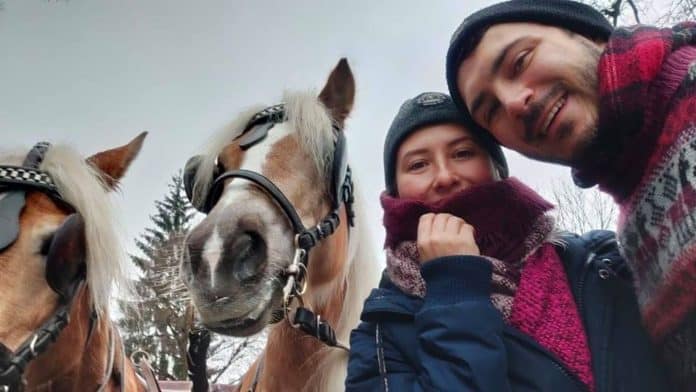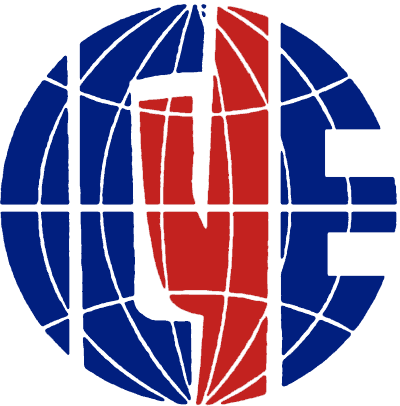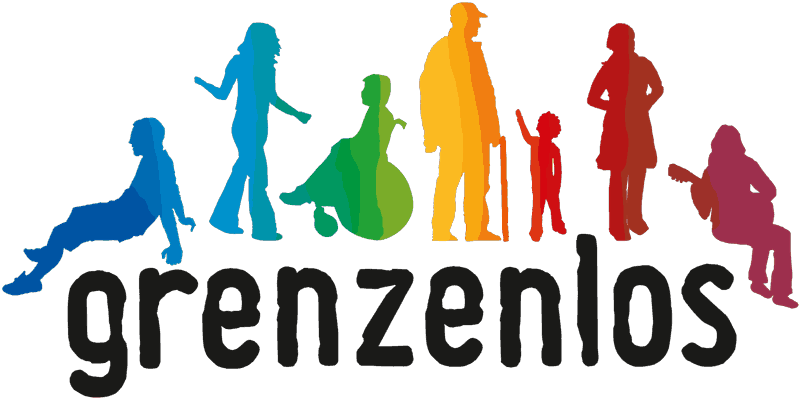Volunteering is a life-changing and memorable experience. However, it doesn’t mean only highlights, “the time of your life” or going through every situation with a smile on your face. There can be some bumps and obstacles on the road as well – and that’s definitely ok, that belongs to the process.
Facing challenges, coping with them, solving them – this all makes the volunteering experience even more diverse. Problem solving and adapting to different situations are useful skills that also promote learning and personal development.
Don’t be afraid of challenges. Take them as they are, cope with them, ask support, solve them, learn from them and even appreciate them!
I interviewed two volunteers about this topic. Here are their experiences and opinions.
Broken expectations and cultural differences
Mila comes from St. Peterburg in Russia, and now she’s volunteering in Salzburg, Austria. She works with children in afterschool. That means that she cooks, plays, talks, goes out, supports with homework, does arts and just all kind of activities with the kids after their schoolday until they are picked up home by their parents. Also Mila’s husband is working in the same project, so they are experiencing the volunteering together – and they both are really enjoying working with the children.
Mila mentions a few challenges that she has faced as a volunteer so far. One is to face some broken expectations. For example, before the project she was told that the children do speak English, but the reality turned out to be different. When a lot of children don’t know English and Mila is just learning German, sometimes the language barrier has set up some difficulties with communication.
Mila also mentions that she had some challenges regarding accomodation, because they didn’t have a suitable flat right away and finding one was not simple. She had also some difficulties with getting all the necessary documents regarding registration and residence permit. These challenges are luckily now mostly behind.
Cultural shock is also something that Mila is familiar with. She noticed that in Austrian culture people are not always saying things straight or they don’t mean what they say – quite often it’s more important to be polite than say directly. That’s something different than Mila is used to as a Russian.
Listen to Mila’s interview and hear more about her project, challenges and cultural differences!












